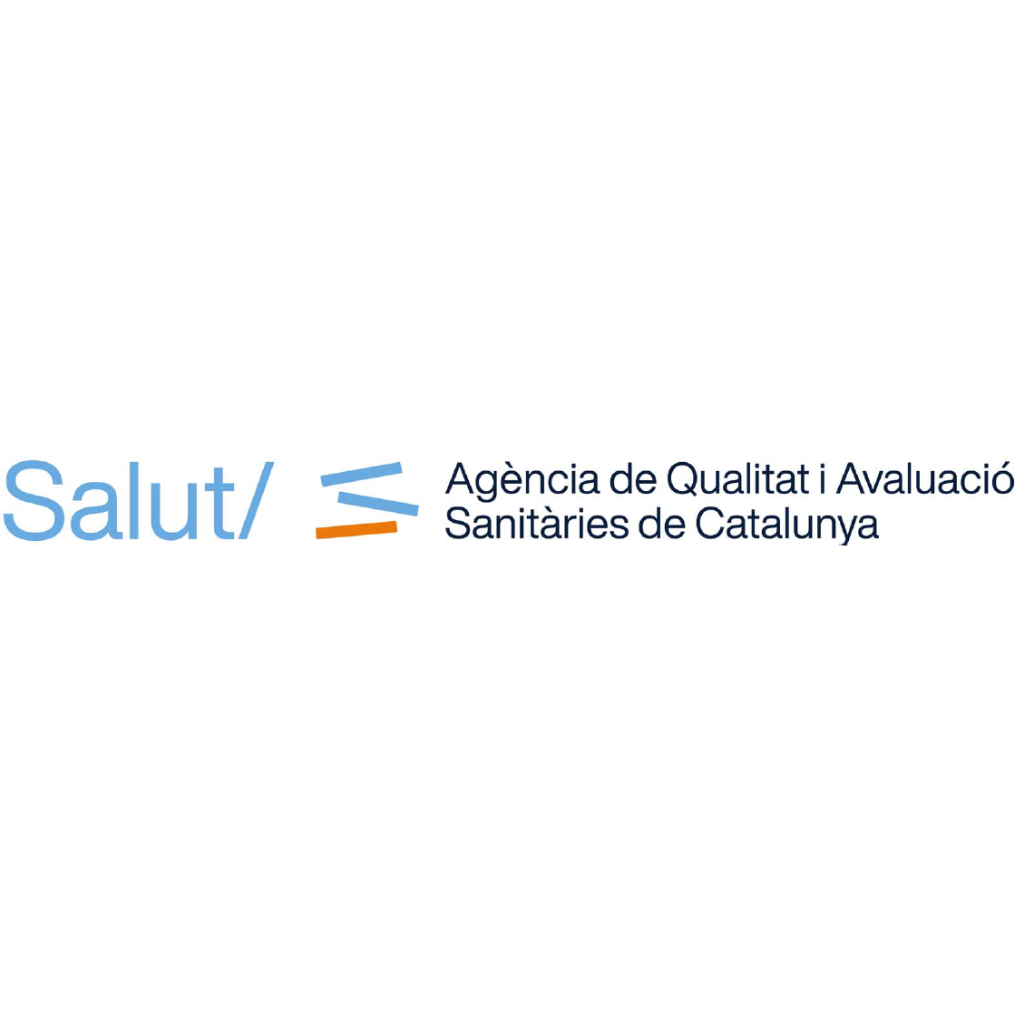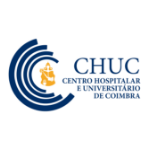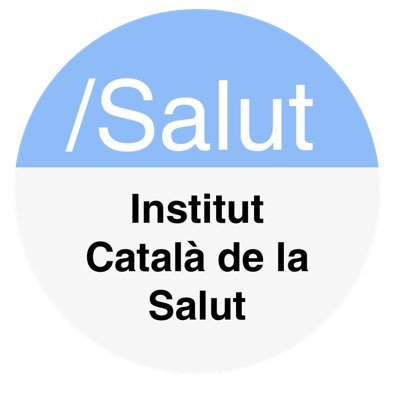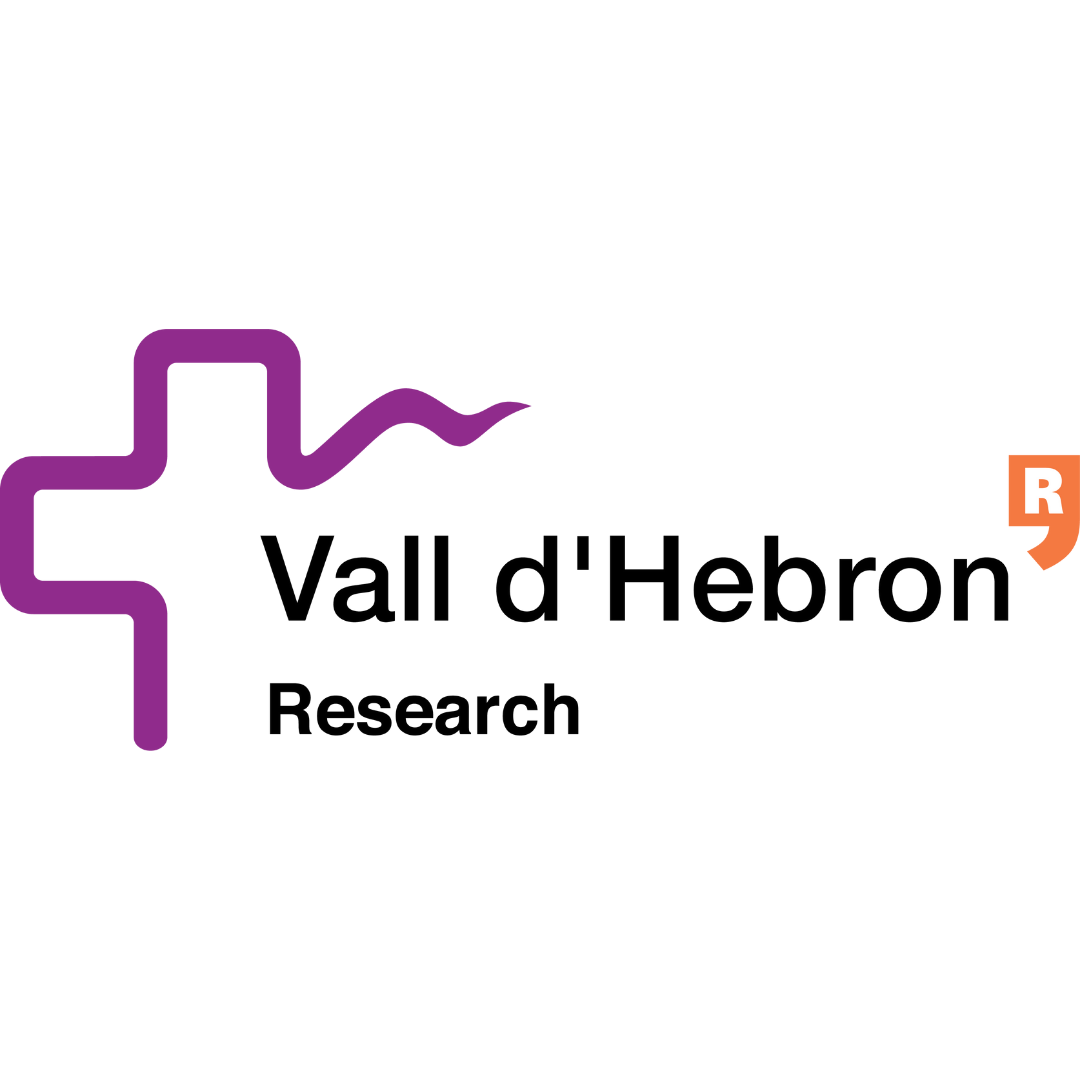Harmonising data collection to deliver high value stroke care
The challenge
Stroke is one of the leading causes of disability worldwide[1] and is associated with high health and social care resources and costs.[2] According to a 2020 report on the burden of stroke in Europe,[3] stroke costs €60 billion, with healthcare accounting for €27 billion (45%) – representing 1.7% of health expenditure.
Readmission rates after stroke are over 25%, post-stroke home rehabilitation is under 5% and post-stroke depression affects 45-75% of patients.[4] Readmissions after stroke are related to discharge destination and conditions. So, greater support for transition to home after stroke is needed to reduce unplanned readmissions.
Non-value-based practices in post-acute and post-hospital stroke care lead to inefficiencies, silos of care and lack of continuum of care. The result is fragmented care with minimal coordination across providers and hospitals.[5]
Health transformation is needed to implement value-based stroke care programmes and ensure the equity of stroke care among patients in Europe. Value-based care is the equitable, sustainable, and transparent use of the available resources to achieve better outcomes and experiences for every patient.
Low standardisation of clinical processes and collected outcome measurements can increase variability in clinical results and care costs. There is a lack of systematic and centralised post-hospital data collection programmes at regional level.[6] This makes it hard to benchmark results and patient experience outcomes effectively. In turn, this hinders the sharing of best practices to support the implementation of high-value stroke care.
The solution
To achieve the transformation needed to implement value-based stroke care, there needs to be a standardisation and harmonisation of clinical processes, KPIs (key performance indicators) and outcome measurements. Effective data collection and health economic evaluation is needed to achieve effective implementation of value-based care throughout the stroke care pathway.[7]
HARMONICS aims to create a novel centralised EU stroke outcome registry that will integrate outcome data from each regional registry, designed and implemented within the project. The aim is to automatically capture KPI and outcome measures from electronic medical health records, providing regional and inter-regional benchmarking and sharing best practices. Through this solution, stroke patients will be monitored, mainly at the post-acute and post-hospital level, ensuring better outcomes, improving recovery, and preventing recurrence.
Expected impact
HARMONICS represents a comprehensive stroke care ecosystem. It aims to implement an innovative high-value care solution, focused on post-hospital care in stroke centres and corresponding primary care areas in two European regions, Catalonia and Coimbra.
HARMONICS will benchmark best practices and clinical results to ensure optimal stroke outcomes and propose innovative value-based payment models. In this way, the project promises to enhance the efficiency of healthcare systems at regional level. Ultimately, it aims to improve patient value perception and boost quality of life for stroke patients across Europe.
External Partners
- Administração Central do Sistema de Saúde (ACSS)
- BIOEF
- Biokeralty Research Institute AIE
- Fundació Ictus (FI)
- Osakidetza-Servicio Vasco De Salud
- Servei Catala de la Salut (CatSalut)
- Biocruces Bizkaia Health Research Institute
References
[1] Wafa, H. A., et al. (2020). Burden of Stroke in Europe: Thirty-Year Projections of Incidence, Prevalence, Deaths, and Disability-Adjusted Life Years. Stroke, 51 (8), 2418–242.
[2] Katan, M. and Luft, A. (2018). Global Burden of Stroke. Seminars in Neurology, 38 (2), 208–211.
[3] Luengo-Fernandez, R. et al. (2020). At what cost the economic impact of stroke in Europe. The Burden of Stroke in Europe Report.
[4] Santana Baskar, P. et al. (2021). In-hospital acute stroke workflow in acute stroke – Systems-based approaches. Acta Neurologica Scandinavica, 143(2), 111–120.
[5] Lacy, C. R., Suh, D. C., Bueno, M., and Kostis, J. B. (2001). Delay in presentation and evaluation for acute stroke: Stroke time registry for outcomes knowledge and epidemiology (S.T.R.O.K.E.). Stroke, 32( 1), 63–69.
[6] Reeves, M. et al. (2018). Patient-Reported Outcome Measures (PROMs) for acute stroke: Rationale, methods and future directions. Stroke, 49(6), 1549–1556.
[7] Porter, M. E. and Lee, T. H. (2013). The Strategy That Will Fix Health Care. Harvard Business Review [online] Available at: https://hbr.org/2013/10/the-strategy-that-will-fix-health-care [Accessed 24th March 2022]
Members

CLC/InnoStars: Spain
Partner classification: Municipality / City, Tech Transfer, Clusters, Other NGOs
The Agency for Health Quality and Assessment of Catalonia is a public legal entity subject to private law, under the auspices of the Generalitat of Catalonia’s Health Services Department which serves public policy. The mission of AQuAS is to promote knowledge and know -how aimed at improving the quality, safety and sustainability of the Catalonian healthcare system.
Agency for Health Quality and Assessment of Catalonia
Agency for Health Quality and Assessment of Catalonia, Carrer de Roc Boronat, 81, 08005 Barcelona, Spain
Key Activities in Social Innovation
Healthcare provision, Payers
Key Activities in Education
Healthcare professional education/training


CLC/InnoStars: InnoStars
Partner classification: Hospital / University Hospital
The Centro Hospitalar e Universitário de Coimbra (CHUC) is the biggest Portuguese hospital having a comprehensive research, teaching and patient-centred care approach. Our mission is to deliver high-quality clinical care in a context of pre and postgraduate training with a strong focus on research, scientific knowledge and innovation. The hospital offers comprehensive care across all the leading medical and surgical specialties. CHUC´s excellence centres ensure high standard healthcare services. (e.g. between 1992 and 2014 CHUC performed 1,114 liver transplants). It is the medical institution in Portugal with more accredited reference centres. Key healthcare figures : 1,848 acute beds 7,289 professionals 896,239 medical consultations 41,533 surgical patients 61,816 inpatients 282,919 emergency cases 146 ongoing clinical trials 1,408 scientific papers in peer-reviewed journals (SCI) (2012-2014)
Centro Hospitalar e Universitário de Coimbra, EPE
Centro Hospitalar e Universitário de Coimbra, EPE (CHU Coimbra), R. Dr. Mota Pinto, 3220 Miranda do Corvo, Portugal
Key Activities in Corporate Innovation
Diagnostics, Imaging
Key Activities in Social Innovation
Healthcare provision
Key Activities in Business Creation
Testing & Validation
Key Activities in Education
Medical faculties, Healthcare professional education/training


CLC/InnoStars: Spain
Partner classification: Business
GENESIS Biomed is a consultancy firm in the biomedical healthcare sector specialized in providing consulting services to spin-off and start-up companies, entrepreneurs and research centers. Based in our expertise we help entrepreneurs and researchers to shape their business plan and we support them in the private fundraising process. We have worked on 253 projects of 15 different types and we have raised more than 67.5 M€ in the last 6 years. Our expertise domains are biopharmaceutical, biotechnological, medical devices, in vitro diagnostic, digital health nutraceutical and cosmetic. With more than 20 years of expertise in the healthcare sector, we are born in May 2017 and we are located in the Barcelona Science Park and in the center of Madrid.
GENESIS Biomed
GENESIS Biomed, Carrer de Baldiri Reixac, 4-12-15, 08028 Barcelona, España


Partner classification: Education, Research
KU Leuven (together with University Hospitals Leuven) is a research-intensive, internationally oriented university that carries out excellence-driven research in health and care and is dedicated to build bridges between science, society and industry.


CLC/InnoStars: Germany
Partner classification: Business
Partner type: Core Partner
Siemens Healthineers is one of the world's largest suppliers of technology to the healthcare industry and a leader in medical imaging, laboratory diagnostics and healthcare IT.
Siemens Healthineers
Siemens Healthineers, Henkestraße 127, 91052 Erlangen, Germany
Key Activities in Research and Developement
Biomedical engineering, Life Sciences
Key Activities in Corporate Innovation
Med Tech, ICT, Diagnostics, Imaging
Key Activities in Social Innovation
Healthcare provision
Key Activities in Business Creation
Incubation, Finance & Investment, Business coaching, Testing & Validation
Key Activities in Education
Entrepreneurship training, Healthcare professional education/training


CLC/InnoStars: Spain
Partner classification: Education, Research, Tech Transfer, Clusters, Other NGOs, Hospital / University Hospital
With a staff of over 51,700 professionals, the Catalan Health Institute (ICS) is the largest public health services company of Catalonia, that provides health care to nearly six million people across the country. As a reference entity of the public health system, the aim of ICS is to improve people’s health and quality of live, through the provision of excellent health services in his 8 Hospitals and 949 primary care centers and local consultancy, regarding both the promotion of health and the treatment of diseases, from the most prevalent to the most complex ones. Also, our organization includes research - 7 Institutes - , and education. All of our activities embrace innovation and knowledge transfer as a guarantee to continuously improve the attention that the institution offers to the citizens.
Institut Català de la Salut (ICS)
Institut Català de la Salut, Gran Via de les Corts Catalanes, 587, 08007 Barcelona, Spain


CLC/InnoStars: Spain
Partner type: Linked/Affiliated Party
We are a public sector institution that promotes and develops the biomedical research, innovation and teaching at Vall d'HebronUniversity Hospital (HUVH), the hospital of Barcelona and the largest of Catalan Institute of Health (ICS). The members of ourBoard of Trustees are the Catalan Ministry of Health, the Catalan Ministry of Economy and Knowledge (we are a CERCA center),HUVH, Bank of blood and tissues, the Autonomous University of Barcelona (UAB), of which we are an accredited researchinstitute, and the Vall d'Hebron Institute of Oncology (VHIO), which together with VHIR is part of Accredited Institute of CampusVall d’Hebron Institute by the Institute of Health Carlos III (ISCIII).Since its creation in 1994, VHIR works to find solutions to the health problems of society, and contribute to spread them aroundthe world. In more than 25 years we have achieved leadership in biomedical research at hospitals in our country, and we want tobe recognised in 2020 as an excellent and competitive European Institute leader in clinical and traslational research linked to auniversity hospital.In our institute are working more than 1,800 people, of which over 1,100 doing research and others, around 750, help to do it ortransfer it to the society once made, whether in the form of projects, technology transfer and innovation, communication orfundraising, among others.The best of our institution and its research staff is doing research to solve people’s health problems. Our task is not only basic ortranslational, we are leaders in clinical research. We have the beds of the hospital separated in less than 50 meters oflaboratories and our patients will benefit from our research. In this we believe, and our efforts are focused on it. This isunderstood by industry leaders who are committed to our hospital, making it a world reference for its first clinical trials.
Passeig Vall d’Hebron, 119-12908035 Barcelona

| Activity Lead, Quality, Processes and Innovation Directorate | Hospital Universitari Vall d’Hebron
Contact